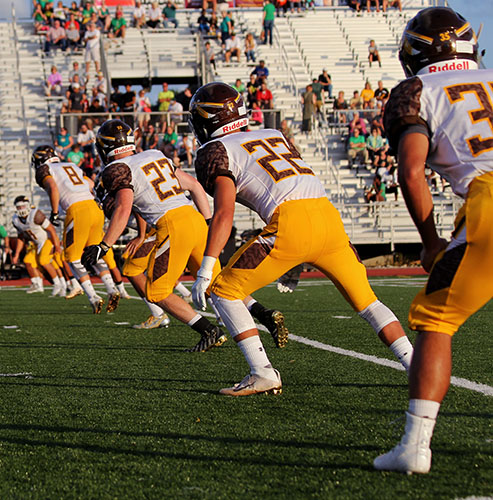Sports Injuries

Every physical activity carries with it a certain degree of risk. Because they’re not only responsible for supporting your entire weight but also powerfully propelling running strides, jumps, and cuts, feet and ankles are especially endangered.
Whenever your experience an injury in your lower extremity, make a point to see the team at the Foot & Ankle Specialists of Nevada. These incidents take away your ability to play, work, and move the way you want to, and ignoring them almost always makes the problem worse in the long run.
Injuring Your Feet and Ankles
Broadly speaking, there are two main types of foot and ankle injuries: traumatic (or acute) injuries, and overuse injuries.
Acute injuries happen in an instant—a big hit, a sudden stumble, an unfortunate hyperextension—and result in immediate (and often severe) pain and damage. On the other side, overuse injuries slowly build up over time, and dozens or hundreds of tiny impacts, stresses, and wear and tear weaken muscles, soft tissues, and bones.
Common causes of foot and ankle injuries include wearing improper shoes or equipment, rapidly changing your workout routine or increasing mileage/difficult too quickly, and not taking enough rest time between workouts.
Sports Injury Treatments that Work
Regardless of the type, location, or severity of your foot or ankle injury, our doctors are exceptionally qualified to diagnose and treat it. With a wide range of treatment options, spanning traditional conservative remedies to advanced technologies and state-of-the-art surgical techniques, our team will help you get back on your feet fast.
Tried-and-true treatments like rest, icing, compression wraps, elevation, stretching, and others still have their place in sports injury recovery, and are often part of a comprehensive treatment plan. In fact, they may even be sufficient on their own for minor injuries.
For tougher pain or more serious damage, we can provide a range of more aggressive (but still conservative!) treatments, including custom orthotics and technologies like laser and shockwave therapy. These cutting-edge options are often a great alternative to surgery, which is reserved only for the most serious cases.

When you hurt yourself on the sports field (or just going through life), you want a team in your corner. Because of our training and our expansive range of treatment options, we’re able to provide personalized and effective care. To schedule your appointment, give us a call at (702) 213-9093.
